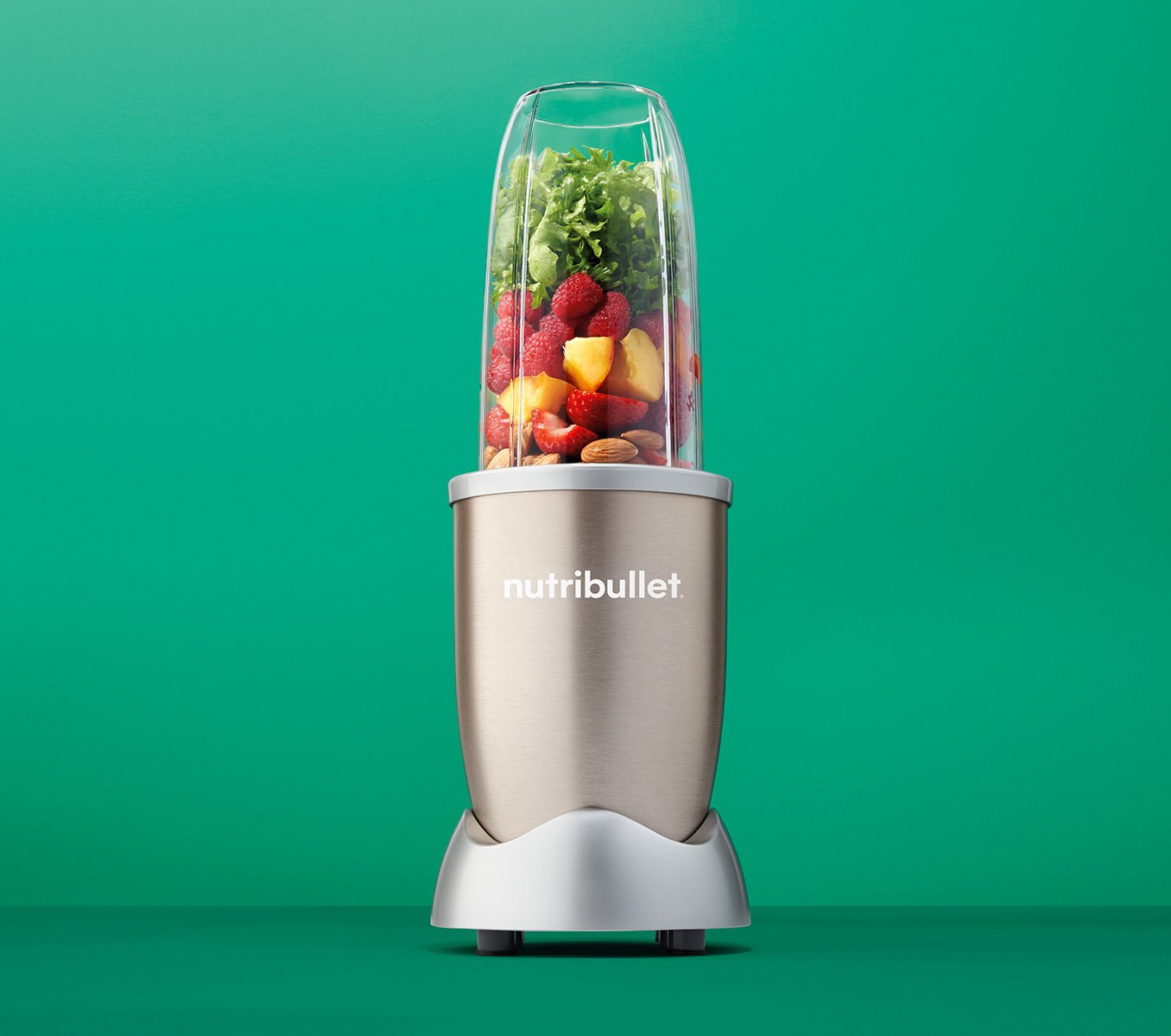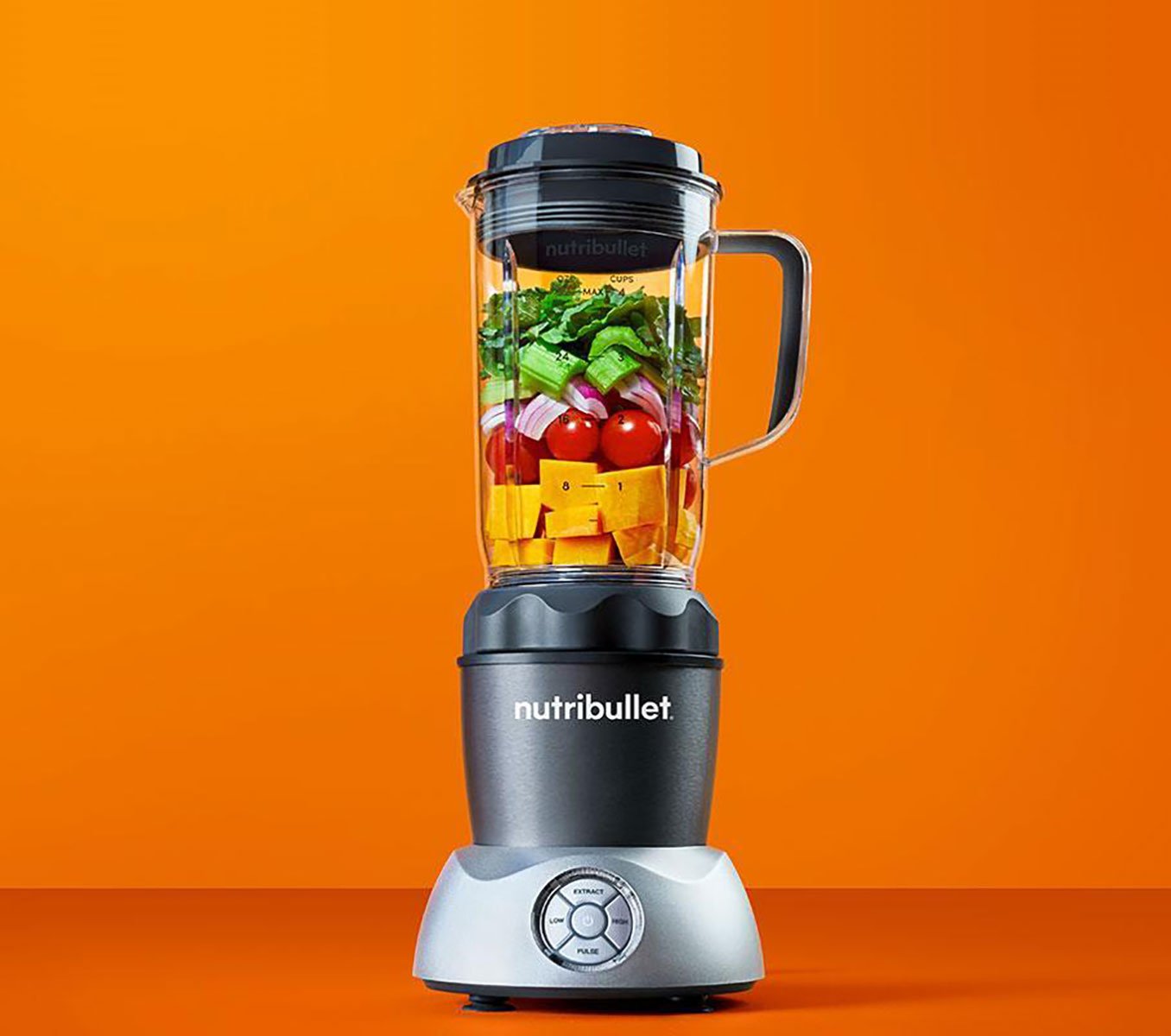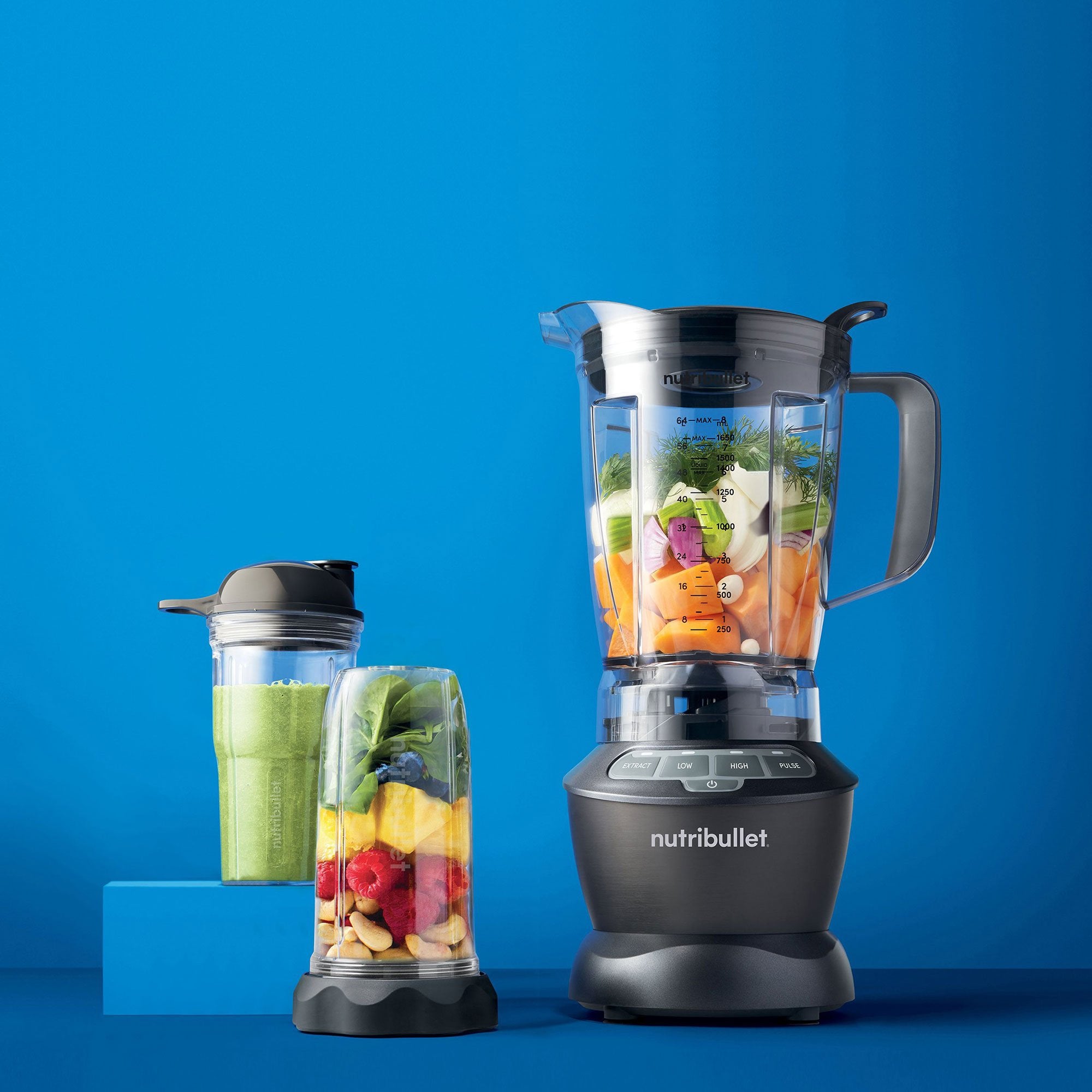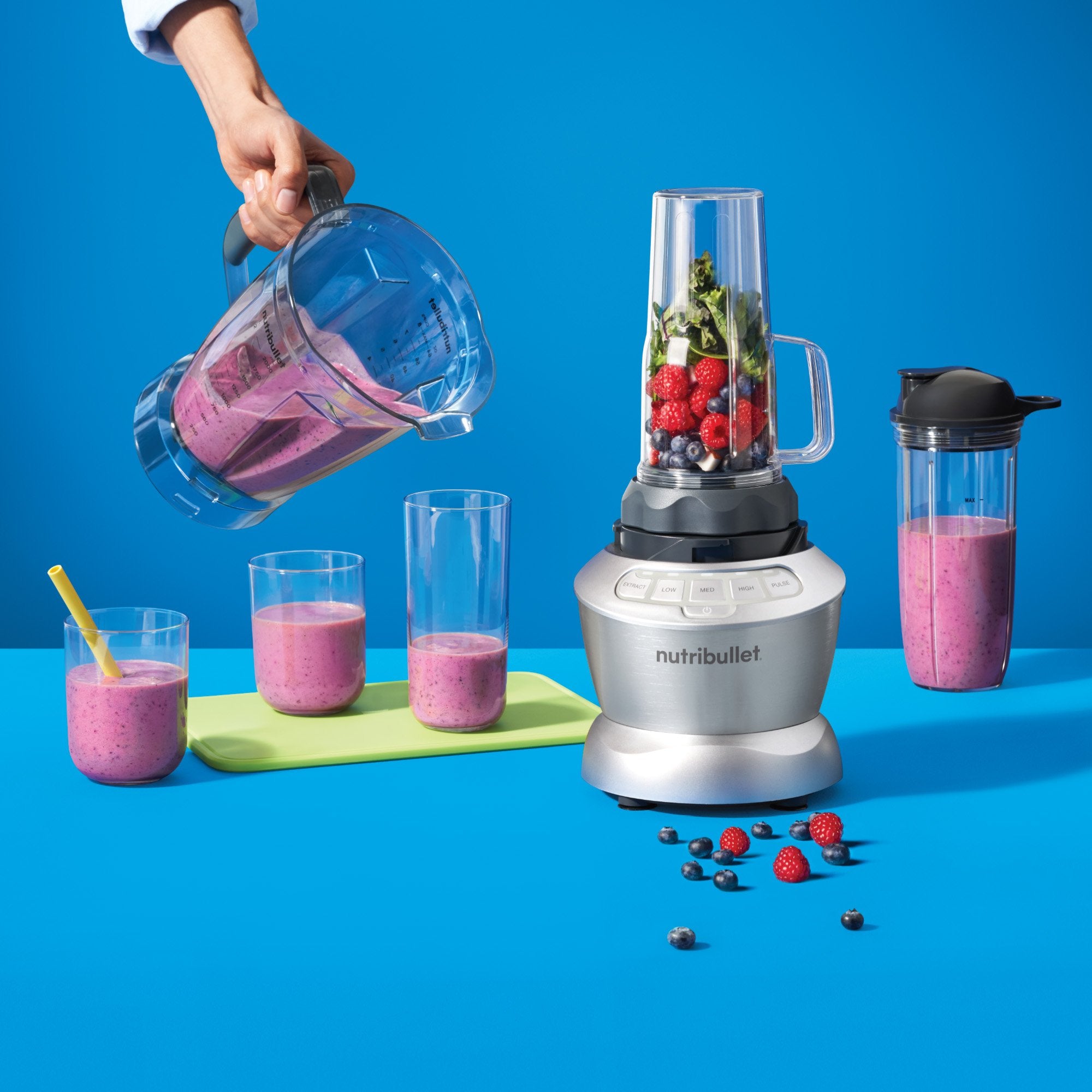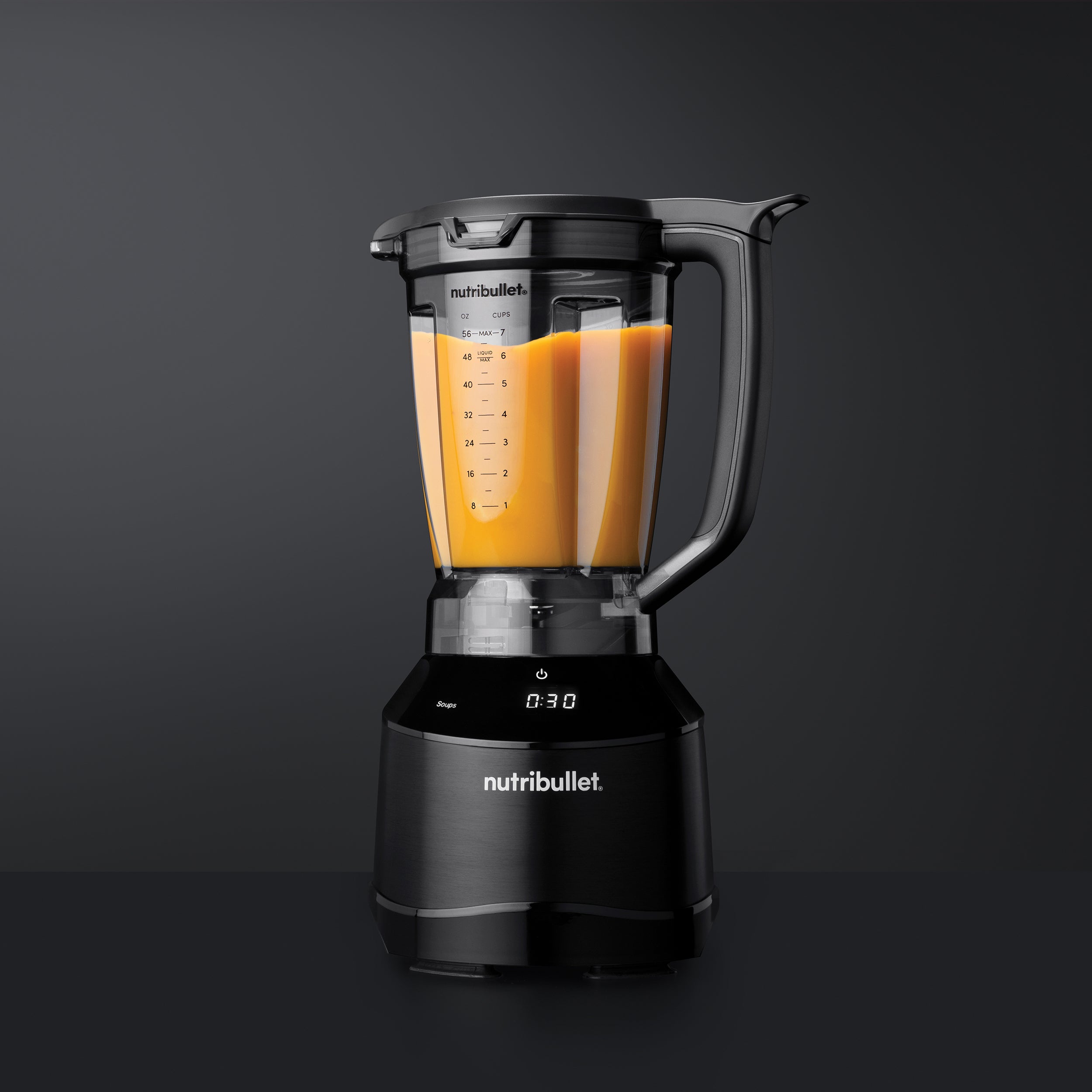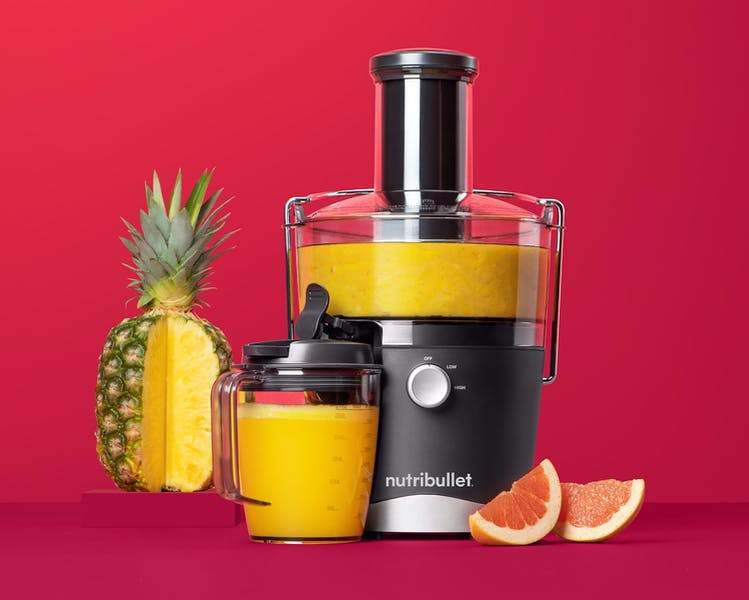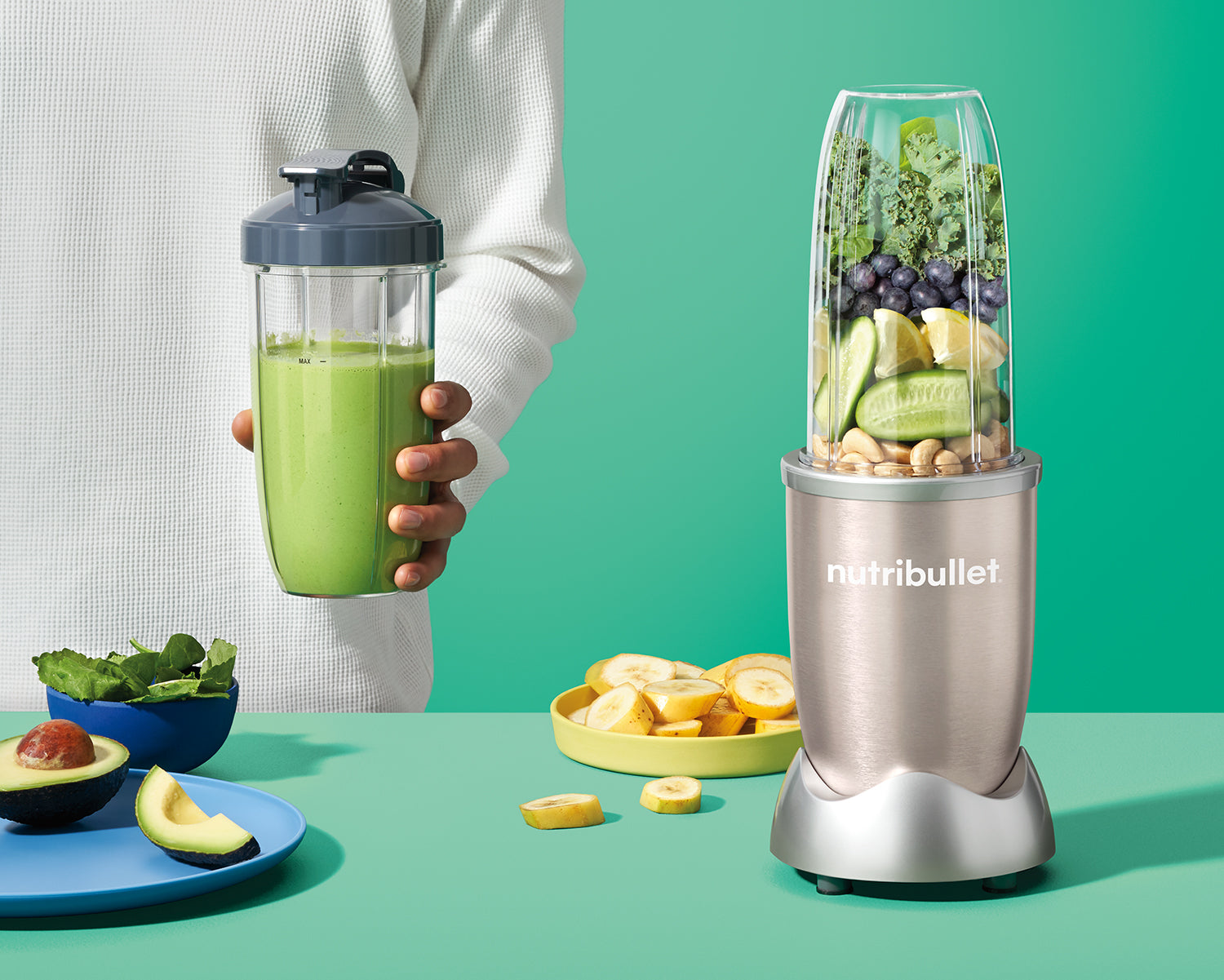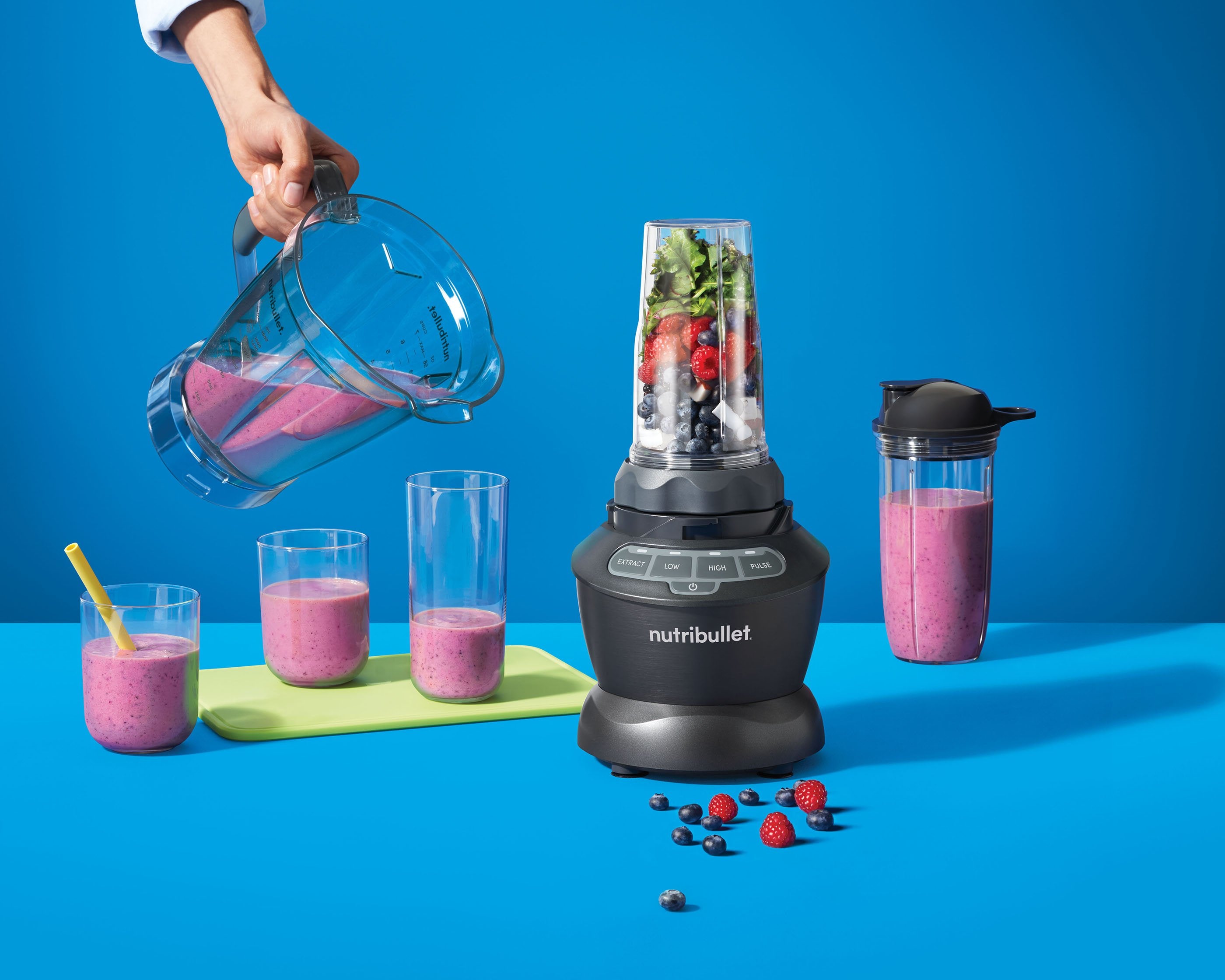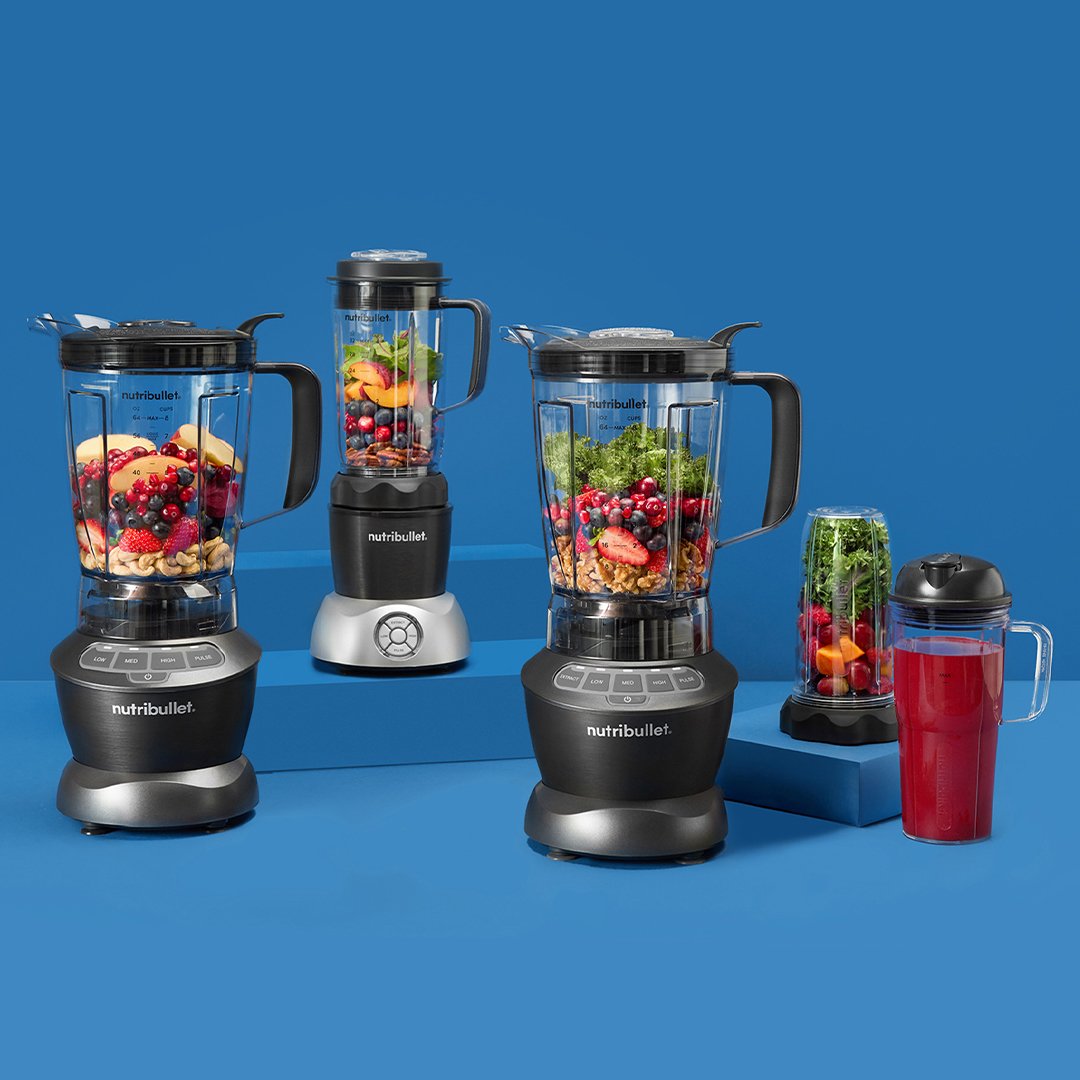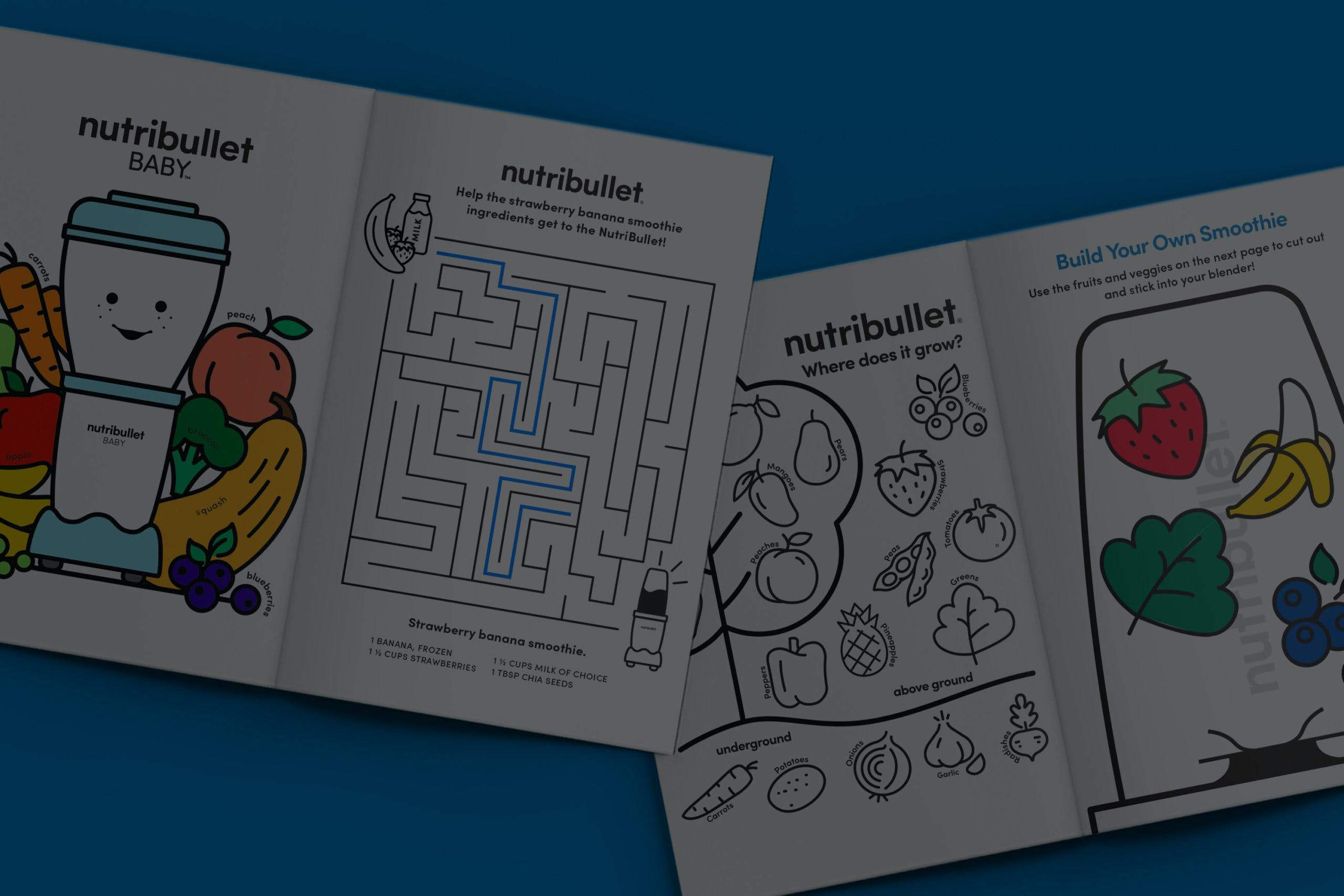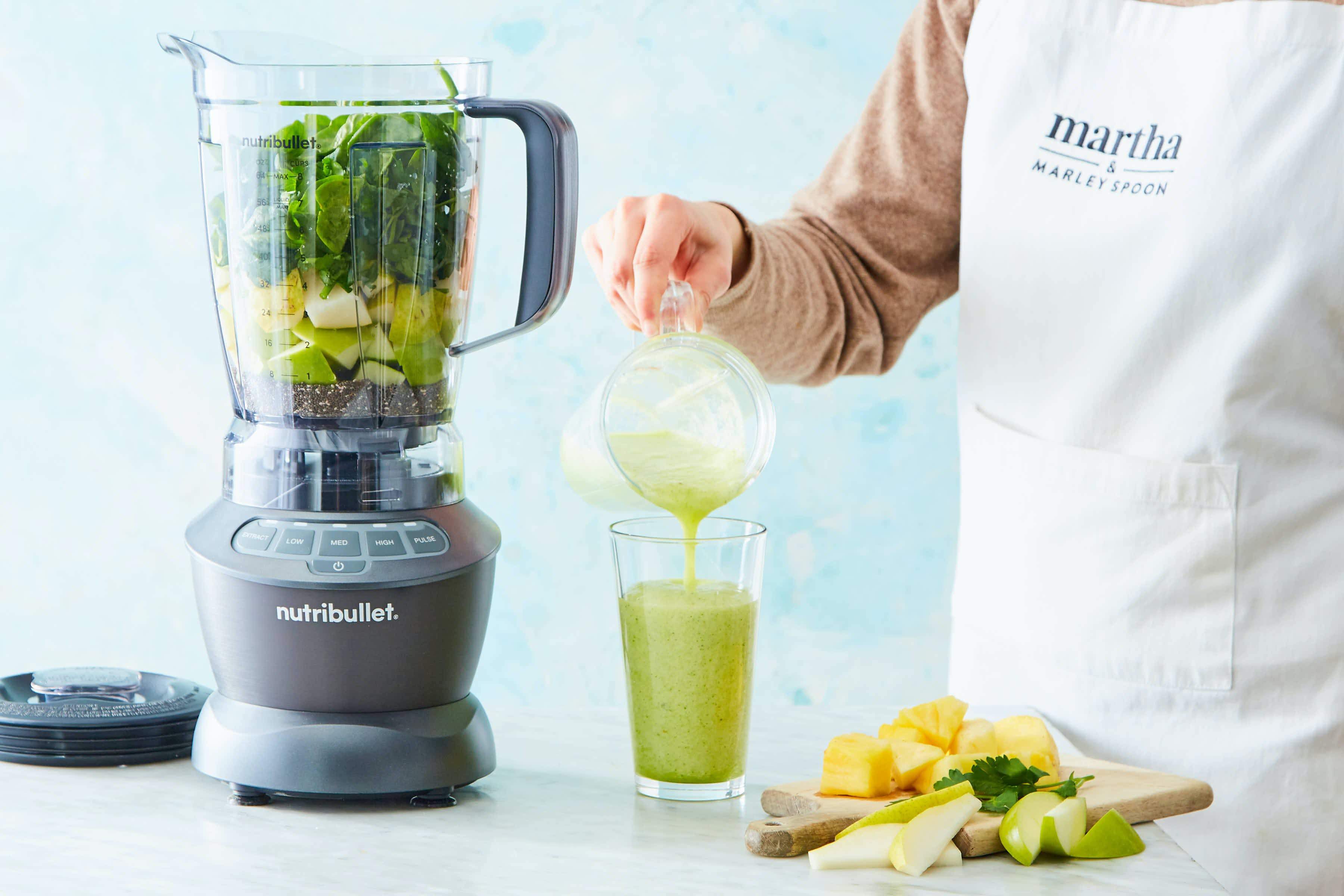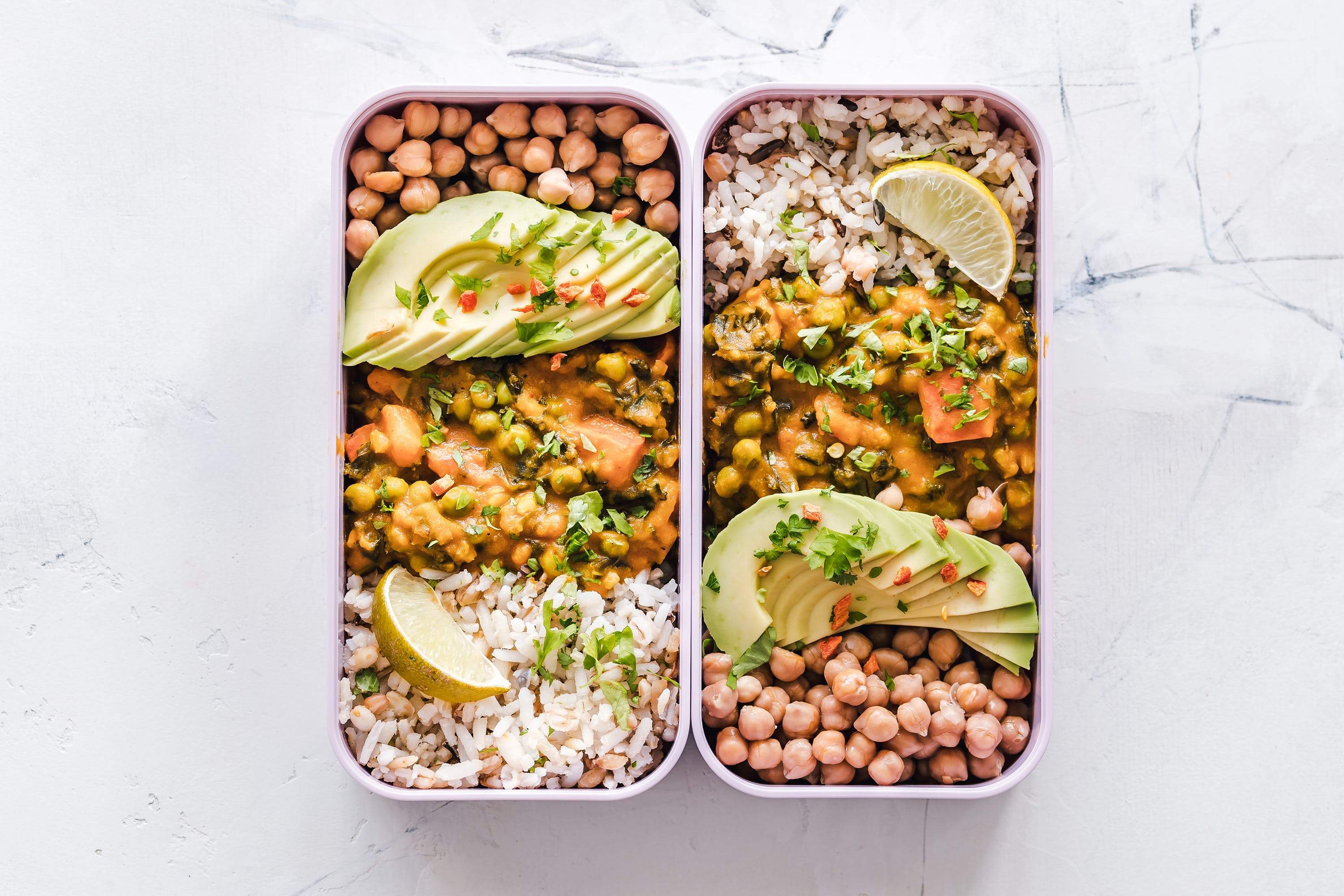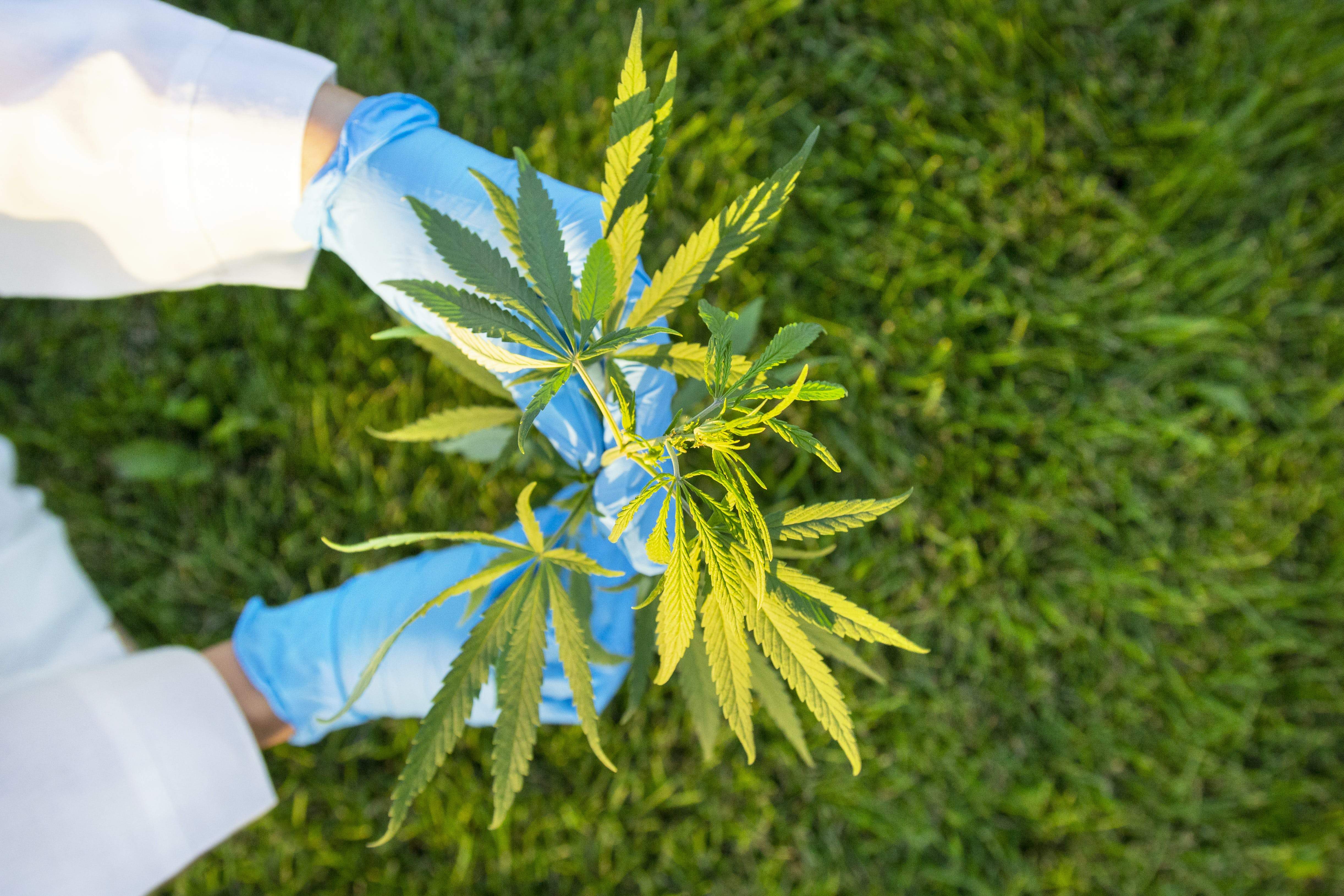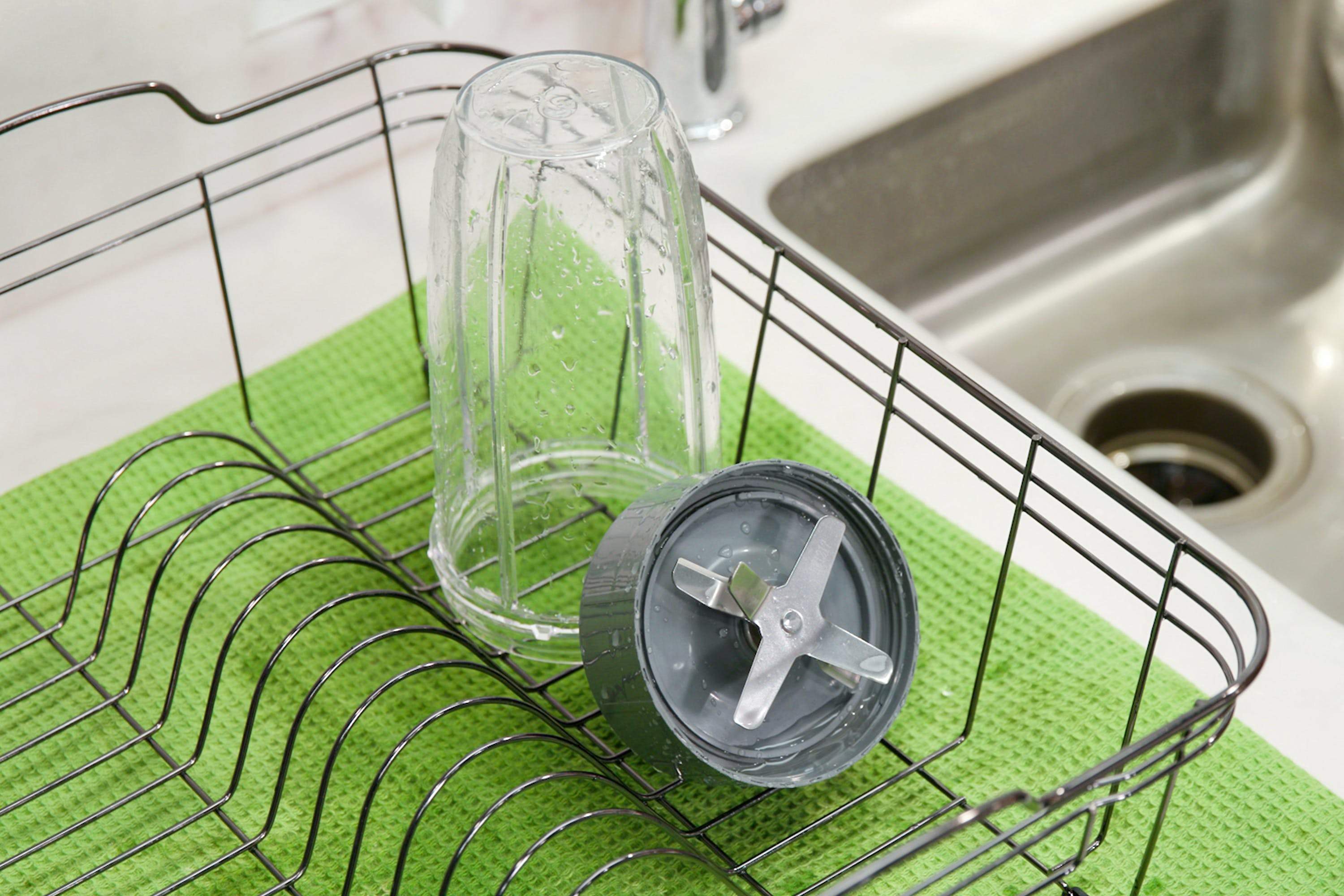“Diet drinks are associated with weight gain, new research suggests”
Over the summer, we all saw this headline in The Washington Post. So, could it be? Have we been misled by commercials and advertisements with claims that we could drink all we want and still lose weight? They’re “calorie free” after all! As it turns out, these diet drinks are too good to be true.
Conflicting research suggests that short-term weight loss attempts were successful when individuals switched from high sugar beverages to diet beverages. However, the findings were from observational studies and have not been scientifically proven yet. What we do know is that there’s a strong link between weight gain and the consumption of diet beverages. People who consume them regularly tend to be overweight or obese and gain unwanted weight as a result.
There are a number of possible reasons why people who consume diet drinks gain weight, despite drinking these products to lose weight or control weight gain. Recent studies found that the artificial sweeteners used in diet sodas, flavored teas and other sweetened beverages trigger sweetness receptors in the brain. This conditions the brain to expect an influx of more sweetness, therefore, causing a subsequent sugar craving after the consumption of an artificially sweetened diet drink. When you succumb to these sugar cravings, you gain more weight.
In one double blind randomized clinical trial, researchers found that participants who switched from diet drinks to low fat milk, coffee or tea gained less weight over time.
As a nutrition professional, I would like to challenge you to ask yourself a few questions about your “fake sugar” intake, especially if you often drink diet beverages.
- Why are you consuming this product?
- Aside from beverages, where else are you taking in fake sugars? (Yogurt? Gum? Ice cream?)
- What is your health goal for taking in artificial sweeteners?
These are important questions to ask yourself before trying to change to a healthier option. If safe weight loss and weight control are your ultimate goals, then it’s time to look beyond “calorie free” and “sugar free” diet drinks.
We don’t need research to tell us that synthetic and artificial ingredients of any kind don’t belong in a healthy whole food diet. Think about what you want to achieve and how you can make that happen by focusing on your own habits and changes that will improve your overall health and wellbeing.
Nutritional information
Recipe: Creamy Green Strawberry Dream Serving in this recipe:1
- Calories: 236.6
- Total Fat: 3.6 g 5.5%
- Saturated Fat: 0.4 g 1.9%
- Cholesterol: 0 mg 0%
- Sodium: 358.7 mg 14.9%
- Total Carbs: 45.7 g 15.2%
- Dietary Fiber: 9.9 g 39.4%
- Sugar: 22.1 g
- Protein: 8.1 g 16.2%
- Vitamin A: 481.9% Vitamin C: 244.1%
- Calcium: 68.5% Iron: 26.1%
* Percent Daily Values are based on a 2,000 calorie diet. Your daily values may be higher or lower depending on your calorie needs.

